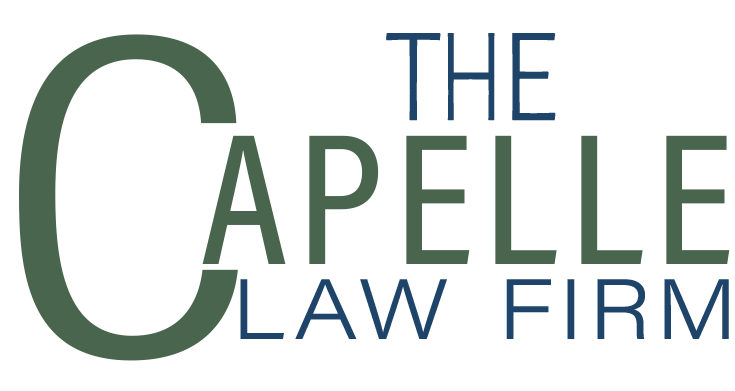Asset Protection
Many business owners and professionals fear losing wealth as a result of creditors and lawsuit judgments. With proper advance planning, everyone can protect some or most of their assets, making it hard for creditors to reach them. Here are some strategies to consider:
1. Review liability coverage, limits and exclusions
If you’re a homeowner or automobile owner, you should obtain maximum homeowner’s or automobile insurance coverage and have an excess liability (“umbrella”) policy that provides additional protection beyond the underlying policy limits. For optimal protection, an umbrella policy of at least several million dollars should be purchased. In addition, review liability policy exclusions. Some homeowners impacted by Hurricane Katrina were denied claims on the basis that their homeowner’s insurance did not cover flooding.
2. Avoid conducting business as a sole proprietor or as a general partner
A general partner or sole proprietor is personally liable for all business obligations. If you’re a business owner, conduct business as a LLC (Limited Liability Company) or a corporation. Generally, your personal assets will be protected from the claims of creditors of the business. Keep in mind that you should operate your company as a business and not commingle personal assets and affairs with the business.
3. Have business owned employment and fiduciary insurance
Your business should purchase liability coverage to protect the company against employee claims for discrimination or wrongful termination. If you are trustee of the company’s qualified plan, you may be able to purchase insurance to protect you and the company against employee claims regarding violation of a trustee’s fiduciary responsibility.
4. Create wealth in employer sponsored qualified retirement plans
Under ERISA (Employee Retirement Income Security Act of 1974), participating employer sponsored retirement plans are generally not subject to claims of personal or business creditors.
5. Create an IRA or rollover qualified retirement plan money to an IRA
Most states have enacted statutes protecting IRAs (Individual Retirement Accounts) entirely from creditor claims. Others protect up to a certain amount of money. Claims by the IRS, spouses and children owed alimony and certain child support payments are typically not protected.
6. Create wealth in exempt assets
When it comes to protecting your assets from creditors, you couldn’t live in a better state than Texas. In general, our debtor-friendly state shelters many components of an average family’s wealth from creditors, including, your residence, improvements and surrounding land (with limits), current wages, retirement accounts, college savings plans and $100,000 of personal property if married, $50,000 if single. Consider paying down your house mortgage loan or placing assets in exempt accounts. There are some complexities and exceptions to this general list. Always consult with someone knowledgeable in this area if you have questions.

